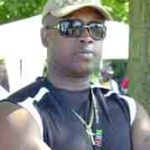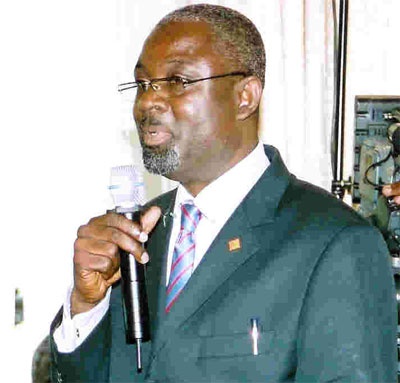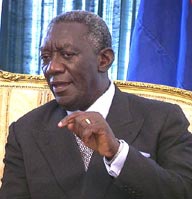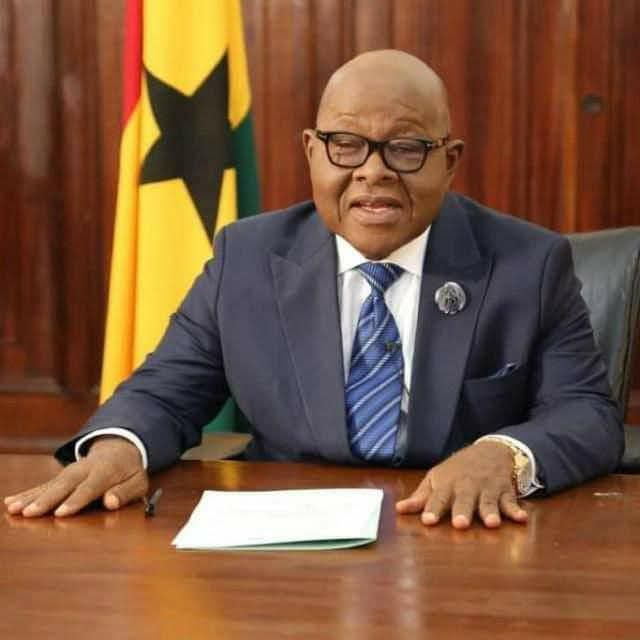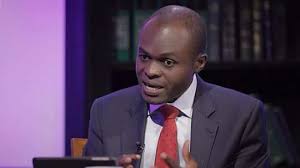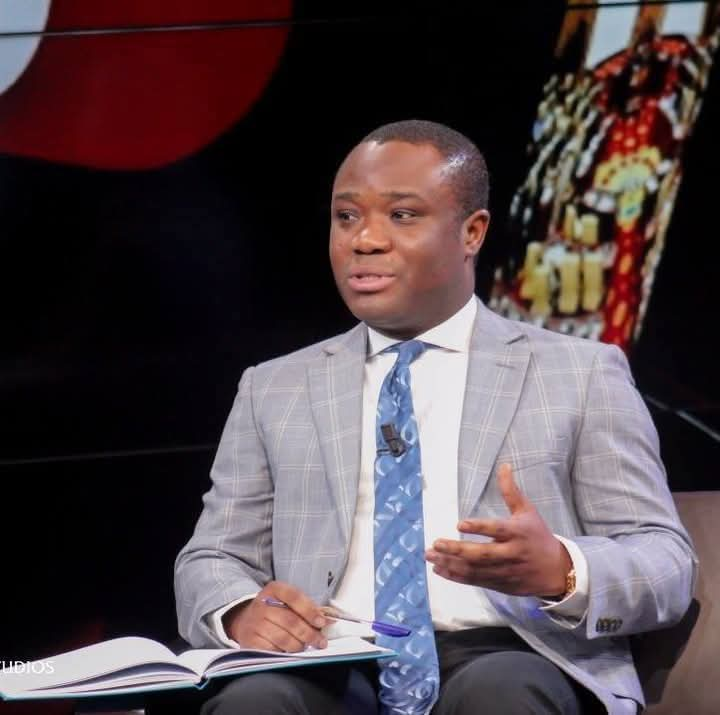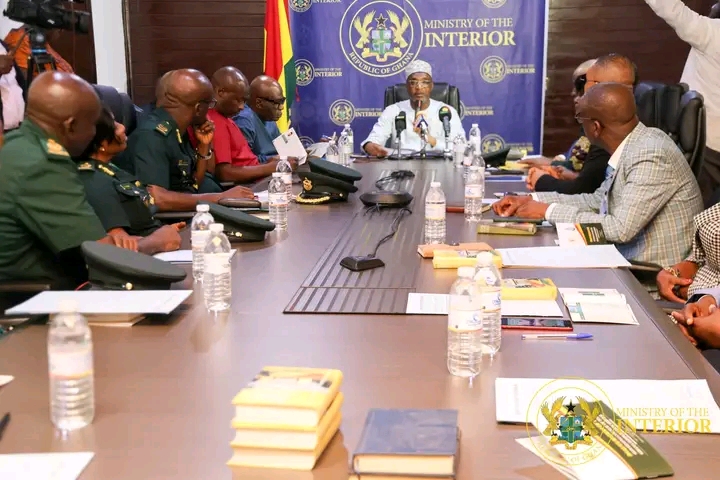The cocaine scandal that has rocked the Ghanaian government has surprised many observers of Ghanaian politics, including the media. The people have demanded tough action from the government to address the situation. So how will the government respond to this damaging scandal? London-based Africa Week magazine weighs the options
This is certainly not the first time that the Ghanaian government headed by John Kufuor has come under such intense pressure to resolve a problem quickly. But, this current scandal seems beyond the wildest expectations of the Kufuor led administration which was elected in late 2000 and sworn into office in January 2001.
The New Patriotic Party won re-election in 2004 for another four year mandate on the back of a growing economy and stable macro and micro economic fundamentals. However, Kufuor’s second term has not been that smooth-sailing. Familiarity, as the popular adage goes, breeds contempt, so as the people have become more used to the President’s acts and of course omissions, especially what many have described as his excessive travels abroad, his popularity has waned somewhat. What has also affected the President’s standing the most is the ongoing scandal concerning the disappearance of parcels of substances suspected to be cocaine off a ship which docked at Tema Harbour in the Greater Accra Region.
The vessel, MV Benjamin docked at the harbour on April 27. Security forces that had been tipped-off knew about the contents of the vessel and were ready to apprehend the culprits and, perhaps, prosecute them. But, what should have been a major breakthrough for the Ghanaian security forces in its fight against trade in illicit drugs in the country has rather opened a whole new chapter on the underworld in the country, their money and power, and that they may have managed to infiltrate the camp of the security forces and perhaps certain political parties as well.
The whole saga is not interesting reading. A committee which has the backing of the government has been set up, tasked with the mandate to ensure that it finds the whole truth surrounding the disappearance of the cocaine. The Georgina Woode Committee so far has had a torrid time getting its work done. Some of its key witnesses have been arrested prompting observers to cast doubt over the integrity of the committee. The reason is this: In May 2006, some of the suspects who have been arrested and were witnesses at the committee had a meeting in the house of a senior police commissioner, Assistant Commissioner of Police Kofi Boakye. Among some of the issues raised by the police commissioner were the missing 77 parcels of cocaine from the vessel that had docked on April 27. But other issues discussed between the participants at the meeting, some of which had no bearing on the missing parcels actually exposed the police commissioner in a way that might suggest that he may actually have some dealings with the suspected drugs barons even if from the evidence available from his meeting with the suspected barons, he genuinely has no knowledge of the missing parcels.
All these problems have come to a head because one of the suspects is believed to have recorded the proceedings of the meeting and had made the taped recording available to the media. What is not clear though is the motive behind someone recording the meeting in the first place, given the sensitive nature of the issues at stake, and then go on to make the recording available to the media afterwards. This motive is what ACP Boakye who is on forced leave is praying for the committee to unearth. His assertion is that the reason behind the recording of the meeting could lead investigators to those who actually stole the parcels from the ship. He is convinced that that is the most likely case. To be fair, ACP Boakye may have a point here. It is unusual that a meeting involving alleged drugs barons would be recorded and also the tape recording floated in the public domain if indeed whoever did the recording has no other ulterior motive save to expose the drugs barons.
The police have arrested the four suspected barons that were at the meeting and a fifth person whose name was also mentioned on the tape as a possible link has also been arrested. The four were arrested after giving evidence at the Woode Committee charged with investigating this affair. Their arrest is what has prompted many Ghanaians to believe that the work of the committee will be a complete whitewash since there were other names mentioned on the said tape. These other persons have not been arrested or been asked to appear before the committee.
The question many are asking is how a strong and well respected senior police commissioner like Kofi Boakye who has been a crime-stopper in the Ghanaian capital, Accra, could become embroiled with drug dealers, and, also how the government, especially President Kufuor in particular will respond to and deal with the crisis.
Speculation in the media and amongst Ghanaians is rife. It is thought that a possible motive behind the tape recording was to embarrass Kofi Boakye who is envied by many within the police force. It is not a secret that Kofi Boakye is very hard working and his cavalier lifestyle sets him apart from his brother senior police officers. He is frowned upon by some of his colleagues within the police force. ACP Boakye is a very stylish individual and his choice of serving whiskey and not beer during his conversation with the suspected drugs barons also shows a personality that is not odd as some Ghanaians would have you believe. But if indeed the idea behind the recording was to nail Kofi Boakye, then it has misfired badly because it is becoming increasingly clear that a lot of the senior officers in the police force today, even if they are absolved of any wrongdoing concerning this scandal could still lose their jobs. It is also obvious that due-process was not followed by many of the police officers, as the current cocaine scandal does not only involve the missing haul but also involves how a Venezuelan, arrested in connection with another case of cocaine importation was released from custody, and managed to flee the country.
In the case of the President, it is still not very clear how he views the whole situation. Naturally, he would be disturbed by events taking place about cocaine in the country. His first public statement on the issue has caused serious concern among civil society groups. The President chose an occasion with his party members to speak publicly about the case, but instead of taking the bull by the horns and lashing out at those who have brought the country into disrepute, he rather made reference to a former member of the opposition NDC who admits to having worked for the fugitive Venezuelan as a consultant. The widespread condemnation that followed his statement was deafening.
Uncharacteristically of him, he granted an exclusive interview few days after his outburst, and again failed to make any meaningful contribution to the debate on how to deal strongly with the situation. About his outburst, he explained that he felt “hurt” that some people want to “subvert the economy” and that despite all the hard work he has put in to ensure that Ghana’s economy develops, like the recent signing of the US$547 million Millennium Challenge Accounts in the United States, he returned home only to be hit by this growing cocaine scandal. It can be deduced from the President’s statement that he really feels saddened that the opposition may be behind the scandal. This is where the Presidents position becomes weakened. Currently, there is a member of parliament of the ruling NPP in custody in the US awaiting trial for his alleged involvement in the importation of illicit drugs into the United States. The Member of Parliament, Eric Amoateng is noted for a very ostentatious lifestyle in his home town. He is seen as a successful farmer and a philanthropist so news of his arrest was received with dismay in Ghana. Amoateng’s accomplice has erased doubts in the minds of Ghanaians, that he could be involved in the illicit trade of narcotic drugs. The President however has not made mention of Amoateng’s case in public. Initially, his silence over the issue was thought to be wise, a way to ensure that he has the right facts before wading in. But his quick condemnation and suggestion that members of the opposition who travel to South America may actually be dealing in drugs has forced the question of whether he is indeed the right person to fix this problem of illicit drug trade in Ghana.
Source: GhanaWeb

